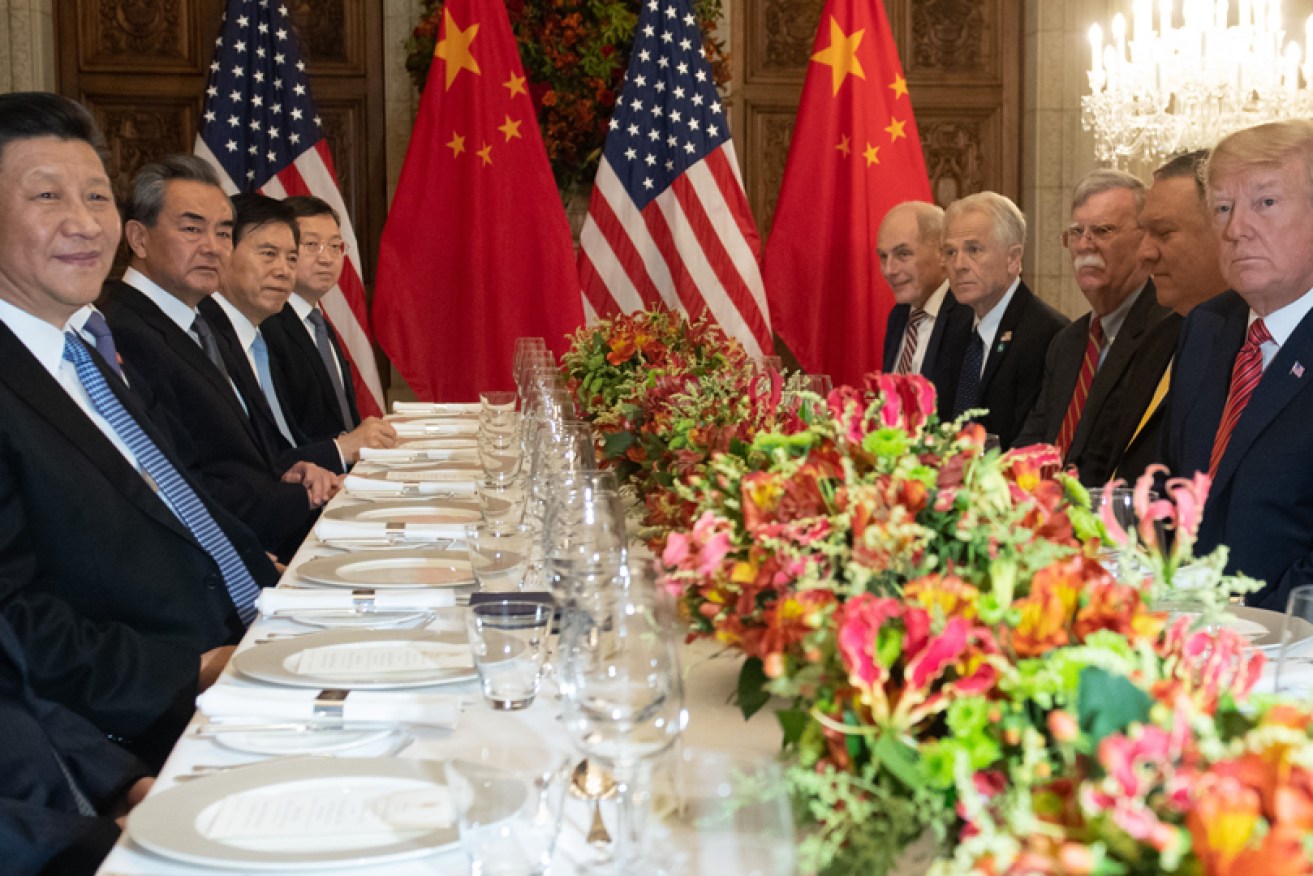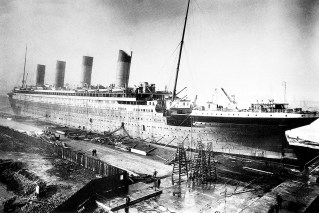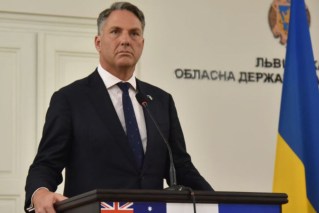US, China call truce in trade war: The full details

President Xi smiles as President Donald Trump looks grim at the G20. Photo: Getty
The United States and China have called a truce in their trade war on Saturday, local time, after President Donald Trump agreed to hold off on new tariffs and President Xi Jinping pledged to increase Chinese purchases of American products.
The two also set the stage for more painstaking negotiations to resolve deeply rooted differences over trade.
The compromise, struck over a steak dinner at the Group of 20 meeting here and announced in a White House statement, was less a breakthrough than a breakdown averted.
The two leaders remain far apart on basic issues of market access and trade policy, and there was no sign that either planned to back down on those.
Still, the handshake deal between Mr Trump and Mr Xi, after what the White House called a “highly successful meeting”, pauses what was becoming a headlong race toward economic conflict. It will reassure jittery financial markets, as well as American farmers, who worried about the fallout from a prolonged trade battle.
In a significant concession, Mr Trump will postpone a plan to raise tariffs on $US200 billion worth of Chinese goods to 25 per cent, from 10 per cent, on January 1.
The Chinese agreed to an unspecified increase in their purchases of American industrial, energy and agricultural products, which Beijing hit with retaliatory tariffs after Trump targeted everything from steel to consumer electronics.
The countries set an ambitious deadline of 90 days to reach a broader trade agreement, with the White House warning that if they did not come to terms by then, Mr Trump would raise the existing tariff rate to 25 per cent.
“The relationship is very special – the relationship that I have with President Xi,” Mr Trump told reporters, as he sat across a long table from the Chinese leader before dinner was served.
“I think that is going to be a very primary reason why we’ll probably end up with getting something that will be good for China and good for the United States.”
Mr Xi replied, “Only with co-operation between us can we serve the interest of world peace and prosperity.”
As the dinner ended, the Chinese and US officials applauded the two leaders.
For Mr Trump, the agreement was an upbeat end to his subdued visit to the G20 meeting.
He dodged unsavoury friends, smiled through chilly encounters with allies, and cancelled a news conference out of respect for his predecessor, George HW Bush, whose death Friday (US time) was a reminder of the role US presidents once played at these gatherings.
On his second day in Buenos Aires, Mr Trump said little about global security or diplomacy, keeping a single-minded focus on trade. That put leaders like Chancellor Angela Merkel of Germany in an awkward position, because Germany, as a member of the European Union, cannot negotiate by itself with the United States on trade issues.
“We have a tremendous trade imbalance, but we’re going to get that straightened out,” he said before meeting Ms Merkel on Saturday morning. “We all understand each other.”
US and Chinese officials conducted quiet talks about a compromise over the last several weeks. But the outcome remained in doubt until the end, when Mr Trump, flanked by his top aides, sat down with Mr Xi and his aides to a meal of grilled sirloin and bottles of Malbec.
Mr Trump had veered from optimism to wariness about a deal, sometimes in the course of a single statement. His economic team offered sharply conflicting advice, with moderates like Treasury Secretary Steven Mnuchin counselling compromise, while hard-liners like Peter Navarro, the White House director of trade, urged him to double down on his pressure.
The moderates tried to exclude Mr Navarro from the trip. But at the dinner in a Buenos Aires hotel, he was there at the table, seated between the national security adviser, John R Bolton, and the chief of staff, John Kelly. He leaned forward to listen to the President as he urged Mr Xi to crack down on illicit shipments of the deadly opioid, fentanyl.
The White House said Mr Xi, in a “humanitarian gesture”, had agreed to designate fentanyl as a controlled substance.
China was quick to portray the agreement as a concession by Mr Trump. Wang Shouwen, the vice commerce minister, said the President had agreed to revoke his plan to raise tariffs on certain Chinese goods to 25 per cent, according to Reuters.
The Chinese foreign minister, Wang Yi, said “China is willing to expand imports according to the needs of the domestic market and the people”, which he said would “gradually ease the problem of trade imbalance”.
Of the roughly $US250 billion worth of Chinese goods targeted by tariffs, $US50 billion is already taxed at 25 per cent, while the remaining $US200 billion is taxed at 10 per cent.
As part of a series of tit-for-tat moves, Mr Trump said he would raise the tariff for all goods to 25 per cent and consider imposing tariffs on an additional $US267 billion worth of exports.
Some experts said the forces Mr Trump had set in motion with Beijing would be hard to restrain. The United States is demanding sweeping changes in China’s trade policy, which the Communist government might find politically difficult to enact and impossible to enforce.
And the 90-day deadline is exceptionally ambitious for a trade agreement that has eluded negotiators for nearly two years.
“A halt in the tariff wars will be welcome, but won’t alter the fundamental collision course that Trump and Xi seem to be on,” said Daniel Price, a former trade adviser to president George W Bush.
The White House, he said, continued to tighten export controls and to bar Chinese high-technology firms like Huawei from US infrastructure projects. It is also lining up other countries to clamp down on the forced transfer of technology to China – all steps that will provoke Beijing.
Still, Mr Trump was a less disruptive presence at this gathering than he has been at previous ones. The G20 members agreed on a 31-point communiqué that reaffirmed their commitment to the Paris climate accord, even as the United States reiterated its decision to pull out of it.
By contrast, this meeting was relatively harmonious, with Mr Bush’s death eliciting expressions of condolence from Ms Merkel and Mr Xi, who praised his role in advancing American-Chinese relations.
In 1974 and 1975, Mr Bush headed the US liaison office to the People’s Republic of China, a forerunner of the US Embassy.
–New York Times








